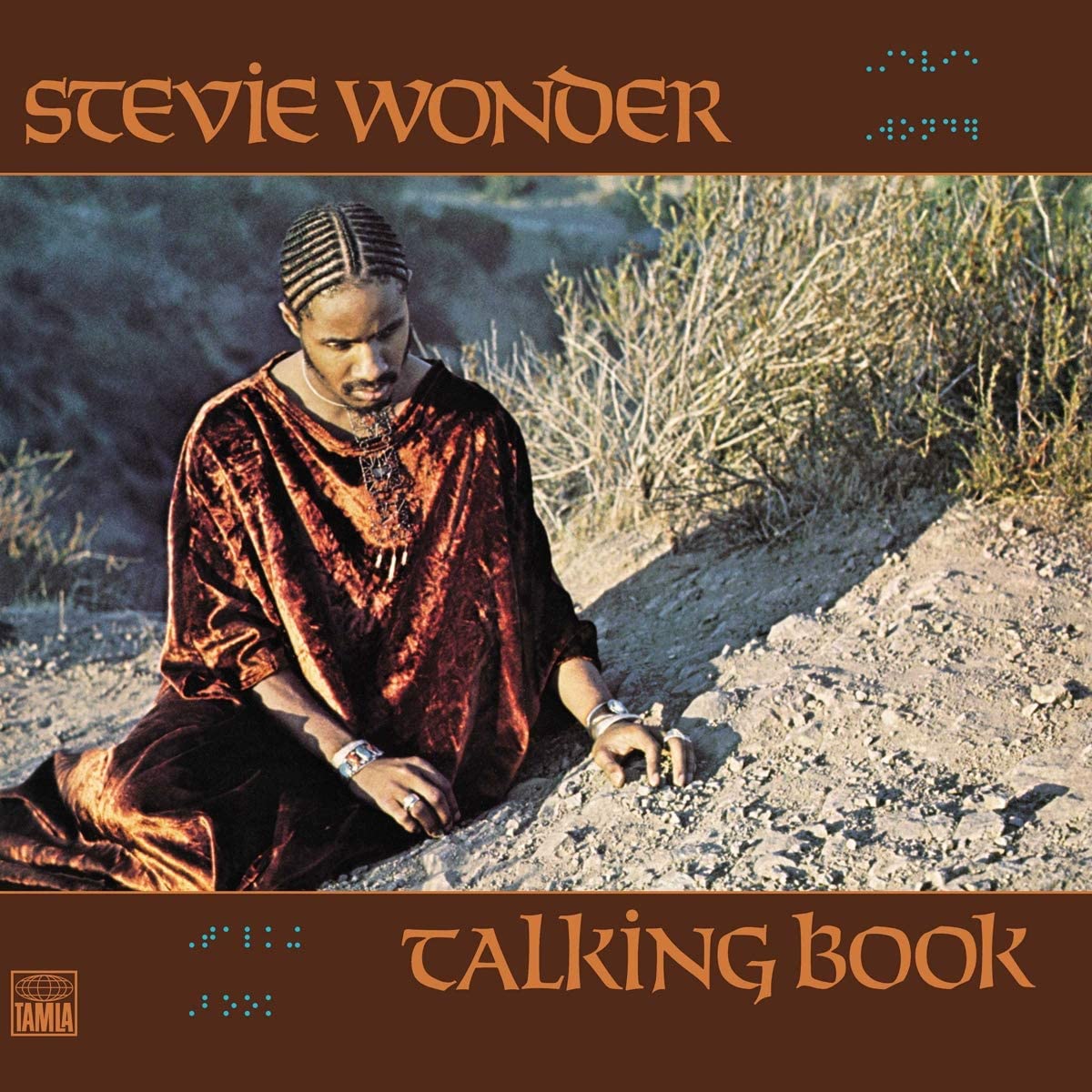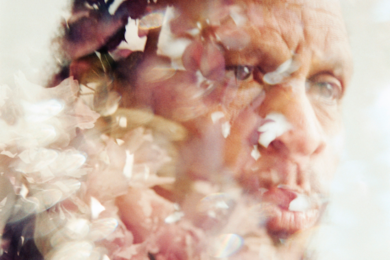3. Stevie WonderTalking Book

Motown’s stable of artists provided the beats to my generation discovering our Black consciousness. Black people were a big part of listening and buying Motown records and the political songs, the dress, the artistes became influential to us. No matter where you were in the Caribbean, you knew Black American music.
After rehearsals with Pan Am North Stars, I would go join my friends in our village, ‘Harlem’ corner in Port Cumana. It became a popular spot for listening to late night radio with Motown sounds. We’d talk about Vietnam, Stokely Carmichael and Malcolm X and our support for Trinidad’s Black power leader – Geddes Granger (Makandal Akhenation Daaga), CLR James, Angela Davis and Muhammed Ali. The National Joint Action Committee, was formed in 1969. It led the huge Black Power demonstrations. We were sick of the white ideology pumped through the veins of Trinidad – if you were Black you’d never get a job up front in a bank or a post office. The white people had all the privileges.
I was crazy about Stevie Wonder’s 1972 album Talking Book. The 22-year-old Stevie Wonder was like a shaman. The album opens with the genius of the disco anthem ‘Superstition’ that combines well with beautiful love songs like ‘You Are The Sunshine Of My Life’ and political commentary like ‘Big Brother’. I first saw Stevie Wonder in Trinidad in the 60s at Queen’s Park Savannah. As a young blind teenage he played piano, mouth organ, drums, and sang! I was witnessing one of the greatest songwriters of our time. I saw Stevie Wonder again in Lagos in 1977 when we were performing as the Twentieth Century band at FESTAC and again in Ghana when I was playing as Bravo-Bravo. Stevie is ever the innovator and with its horns and Moog synthesiser and deep funky grooves, the sounds on this album have endured for a lifetime.


